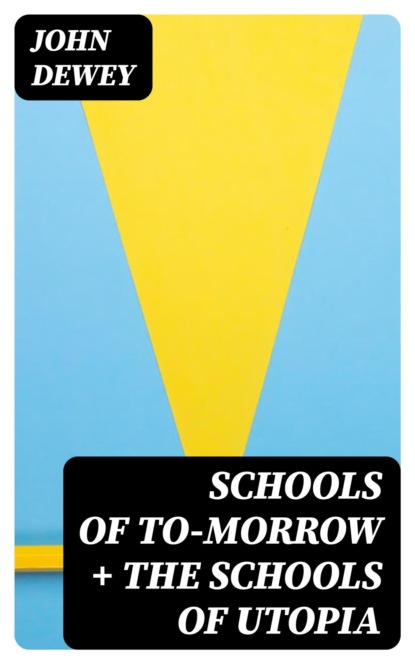Sayfa sayısı 260 sayfa
0+
Kitap hakkında
In «Schools of To-morrow» and «The Schools of Utopia,» John Dewey presents a compelling vision for progressive education, critiquing traditional pedagogical approaches that stifle creativity and critical thinking. Combining an accessible writing style with philosophical depth, these texts argue for an experiential, child-centered education that prepares learners for democratic participation. Dewey's work is situated within the broader context of early 20th-century educational reform, influenced by the pragmatist movement, which emphasized the practical application of ideas in everyday life and the importance of community in moral development. John Dewey (1859-1952) was an American philosopher, psychologist, and educational reformer whose writings influenced numerous aspects of modern education and social thought. His experiences as a teacher, along with his engagement with contemporary European philosophies, such as those of Rousseau and Marx, equipped him with a unique perspective on schooling and society. Dewey's commitment to democracy and social change is evident in his call for educational environments that foster cooperative inquiry and social responsibility. For educators, policymakers, and anyone interested in the future of learning, «Schools of To-morrow» and «The Schools of Utopia» are essential readings. Dewey's insights challenge us to reimagine educational systems that are not only effective but also aligned with the values of a democratic society. These works will inspire readers to advocate for meaningful reform in education that champions the growth of individual potential within the community.
